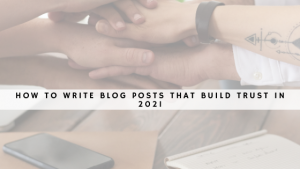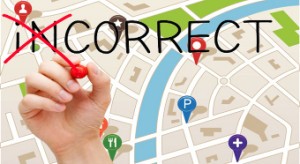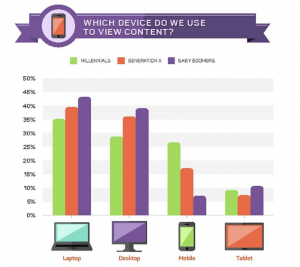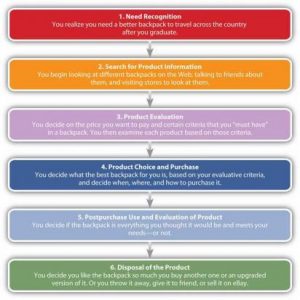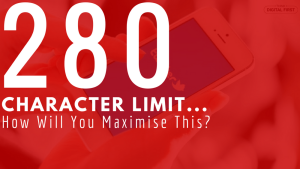In organic search, you’re going to see a push of data directly to search engines instead of relying on them to crawl.
Contributor and SMX speaker, Christi Olson, explains how the consumer decision journey is going to drive paid search while organic search’s data push directly to search engines is going to make a bigger impact this year.
Below is the video transcript:
Hi, I’m Christi Olson, the head of evangelism for search and Microsoft advertising. 2020 is coming, and there’s so many things that you as a search marketer need to be aware of.
The first thing I have to tell you if you’re looking into the future is really understanding audiences and how you’re leveraging your audience information over your existing paid search campaigns. If you’re not doing audiences where you’re editing your ad copy and your landing pages, then you’re just not doing them right. Audiences give you the opportunity to create hyper-personalization at scale because you have the ability to layer that audience over top of the keywords and really adjust how you reach the consumer.
You’re going to be hearing us talk about the consumer decision journey, or the CDJ often. You have the opportunity using audiences to understand how to reach the customer each stage of the journey, target the ad and make sure you have the right message at the right time based on the actions that users take on your website. It really is where the future of marketing is going, and the future of ads is headed because of personalization.
Now I understand that not everybody is a paid ad specialist. So, if you’re not in the paid side, your organic, what you really need to be thinking about for this upcoming year is understanding how the search engines are crawling and accessing your site and information.
One of the trends you’re going to start to see is the ability to push data to the search engines instead of relying on them to crawl directly. On Bing, we’ve offered the Bing URL submission tool that allows you to essentially submit any changes you have to your website. So content pages, and or new content updates happening across your site, direct to us so it could be indexed almost instantly, and it’ll show directly in the search results. It’s going to save so much time and effort because you don’t have to wait for us to crawl. You give us the signal that something’s changed and updated. And think about it, you’re saving the environment – we don’t have to waste crawling resources to see if a change has happened.
There is so much coming, so much is happening and a lot of it relies on AI. Go out there and have a great 2020!
Opinions expressed in this article are those of the guest author and not necessarily Marketing Land. Staff authors are listed here.
Marketing Land – Internet Marketing News, Strategies & Tips
(48)
Report Post

